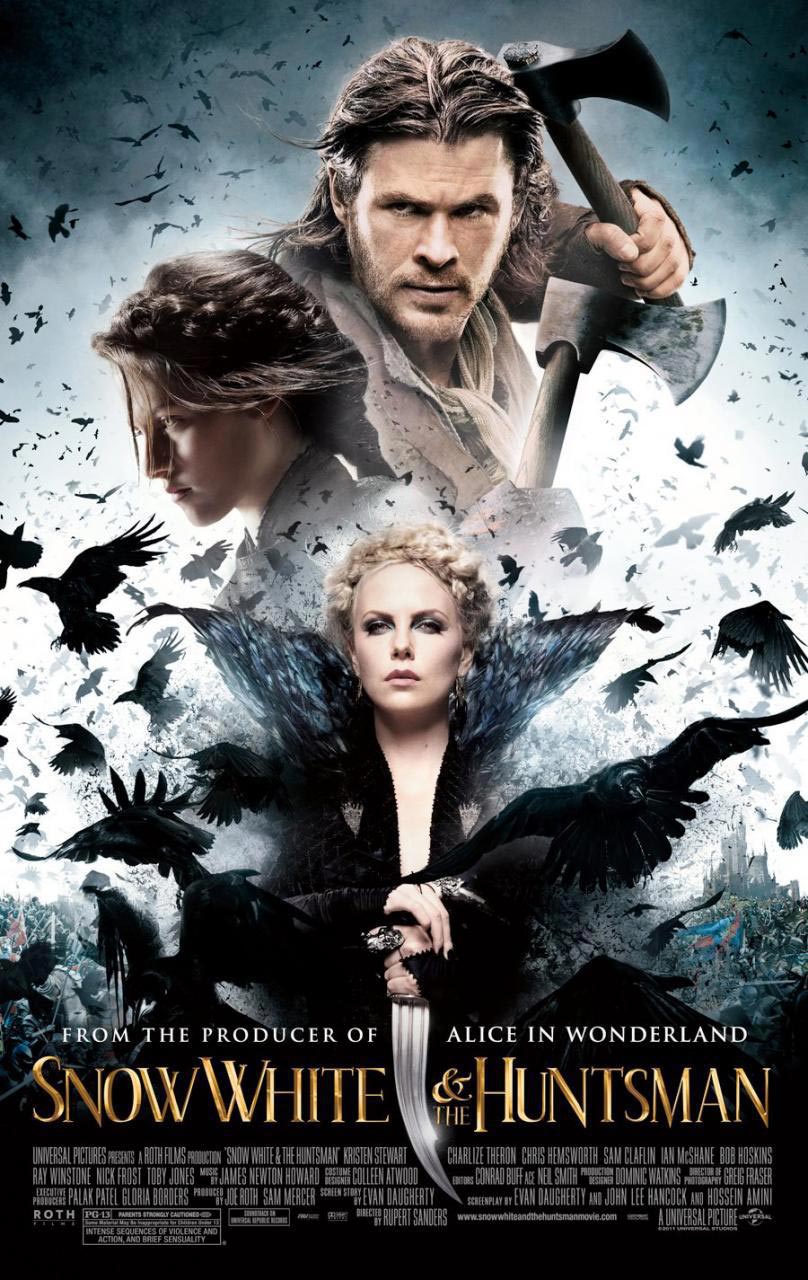Pixar's films are, with the exception of last year's "Cars 2," are of such high quality in terms of the visuals and sophistication of storytelling that nearly all other animated films pale in comparison. They tell well-worn stories in ways that feel orginal and emotional true. Even the lesser "Cars 2" is still of a higher quality than the average animated feature.
Many of Pixar's films have had strong female characters such as Dory in "Finding Nemo" or Elastigirl in "The Incredibles," but "Brave" is Pixar's first film to center the story on a heroine.
Merida (Kelly Macdonald) is a Scottish princess, which may let some audiences members down as it would appear that Pixar is heading down the path of a Disney-style princess film instead of doing something more unique.
Dismissing "Brave" as just another princess movie is too superficial a read of the film because the portrayal of Merida is refreshing. This is not the story of a love-sick girl waiting to find a man to sweep her off her feet. Merida has little desire to wed. She is fiercely independent, adventurous and a damn good shot with a bow and arrow.
This is also very much a mother-daughter story, which, unfortunately, we don't see enough of. There are plenty of stories of father-son bonding, but positive mother-daughter stories are too rare a commodity, particularly in the realm of animation. If you look at most of the Disney princess films they are either mother-less ("Little Mermaid, "Beauty and the Beast," "Aladdin") or stuck with an evil stepmother ("Cinderella," "Snow White").
Merida's father (Billy Connelly), who loses his leg to a bear in the prologue, is proud of his daughter's free spirit, but her mother (Emma Thompson) simply wants her to accept her duties and get married.
When Merida is being presented to potential suitors she takes a stand that greatly angers her mother. Merida flees to the stunningly rendered Scottish hills and forests and finds her way to the house of a witch (Julie Walters) where she asks for a spell to change her mother's mind.
Naturally, the spell doesn't work as expected and mother and daughter must work together to undo the magic. It wouldn't be fair to reveal how the spell goes awry, but it may lose some audience members who, given the title, are expecting something with high stakes adventure. The title refers to having the courage to stand up from what you believe, but to also have the nerve to admit your mistakes and right your wrongs.
Mother and daughter must discover how to truly listen to each other for the first time. They must learn to put someone else's wishes in front of their own while not sacrificing their own beliefs. It is an important lesson and one that is rarely done in a way that doesn't feel forced or heavy handed.
The writers and directors of "Brave" — Mark Andrews, Brenda Chapman, who developed the project, Steve Purcell and Irene Mecchi — have a created a story that is familiar, but tell it in a way that is sweet and emotionally honest.
Comic relief is provided by Merida's three mischievous siblings and from the antics of the various clansmen whose voices include the likes of Craig Ferguson and Robbie Coltrane. The glorious Connelly also brings a great deal of levity to the proceedings.
Macdonald gives a wonderful vocal performance as Merida. She makes the character plucky and fun rather than petulant and whiny. Thompson does a nice job portraying a mother who is frustrated, but loves her daughter and only wants what is best for her.
Pixar's best work, the "Toy Story" films, "Ratatouille," "Wall-E," "Monsters Inc.," "Finding Nemo" and "Up," resonate deeply. "Brave" isn't quite of that caliber, but does tell a moving story that is sure to strike an emotional chord with mothers and daughters who are having their own communications issues.
 "Prometheus" is director Ridley Scott's much anticipated return to the sci-fi genre. His films "Alien" and "Blade Runner" were hugely influential to the genre, so it is understandable that expectations for this new film are massive.
"Prometheus" is director Ridley Scott's much anticipated return to the sci-fi genre. His films "Alien" and "Blade Runner" were hugely influential to the genre, so it is understandable that expectations for this new film are massive. "Snow White and the Huntsman," a revisionist take on the Brothers Grimm story, is one of the most faithful, at least in tone, adaptations of the tale.
"Snow White and the Huntsman," a revisionist take on the Brothers Grimm story, is one of the most faithful, at least in tone, adaptations of the tale. "Men in Black 3" is quite remarkable. It is the second sequel to a film that came out 15 years earlier — heck the first sequel came out a decade ago — that actually manages to match and, in some ways, surpass the original.
"Men in Black 3" is quite remarkable. It is the second sequel to a film that came out 15 years earlier — heck the first sequel came out a decade ago — that actually manages to match and, in some ways, surpass the original.